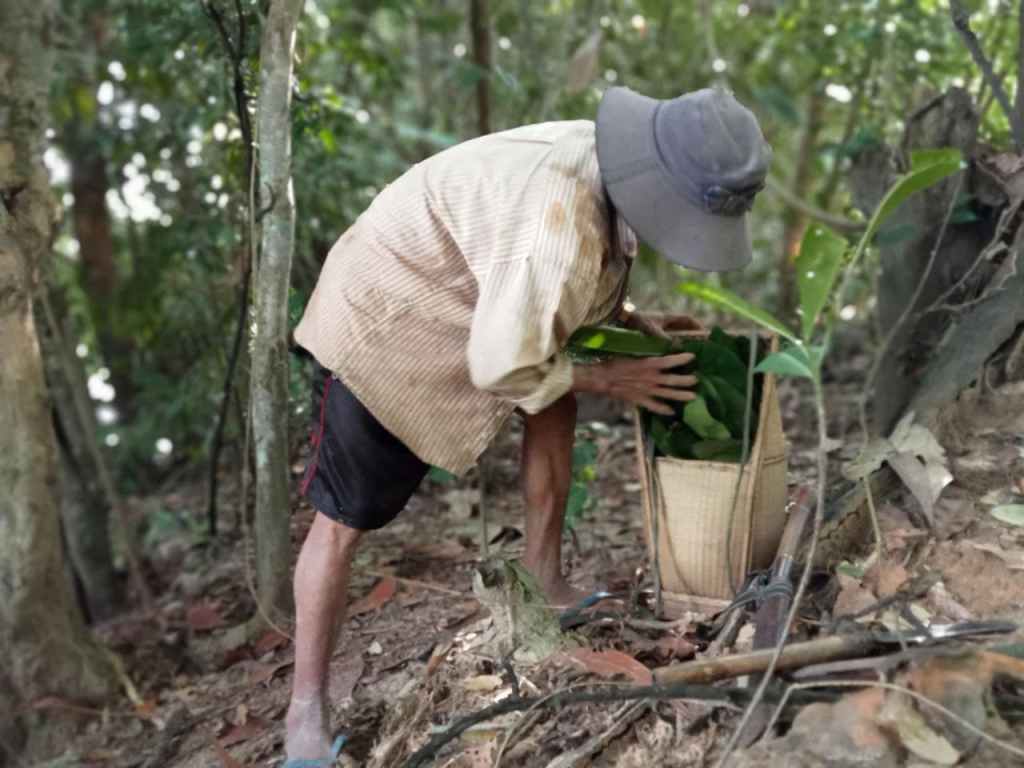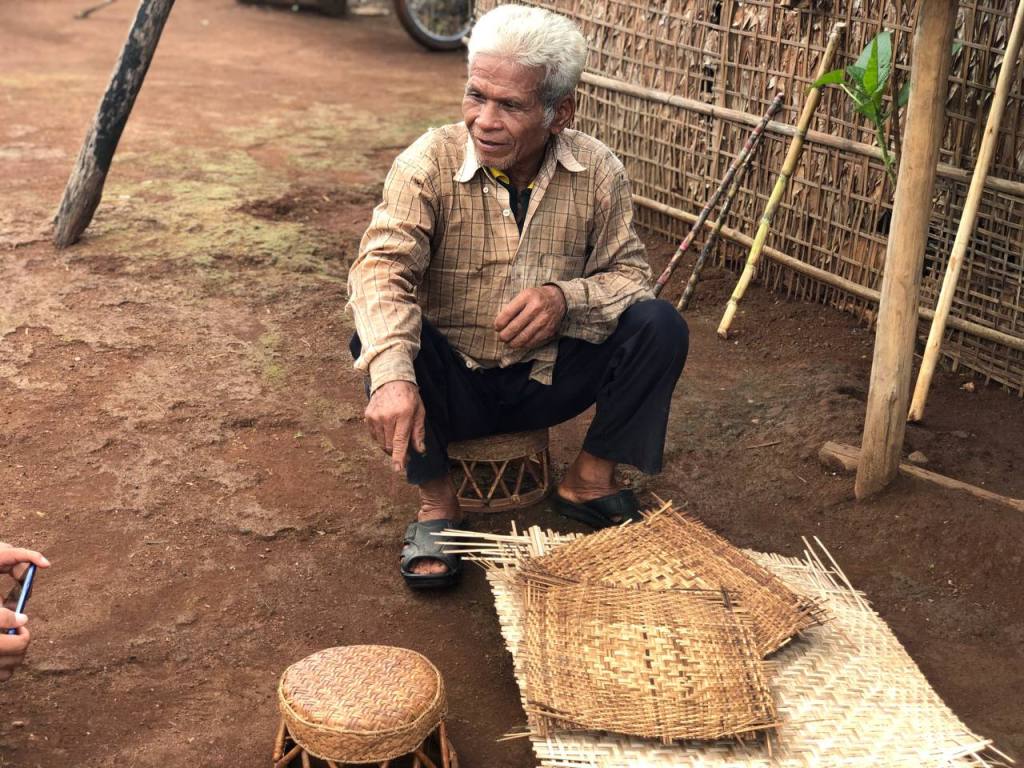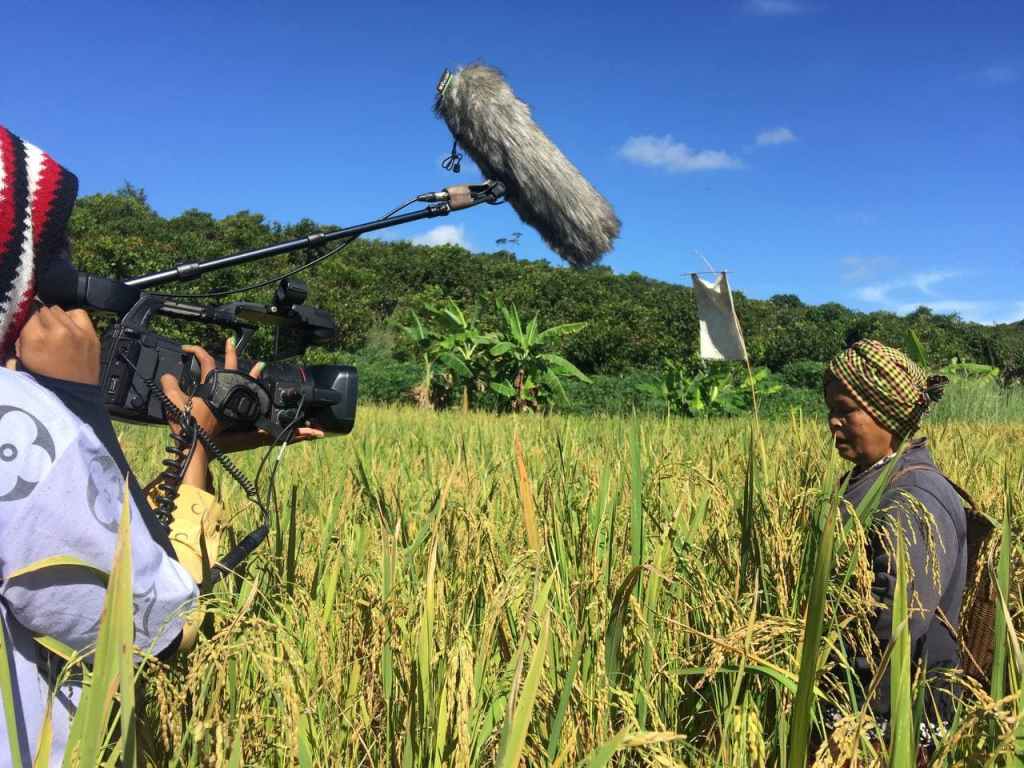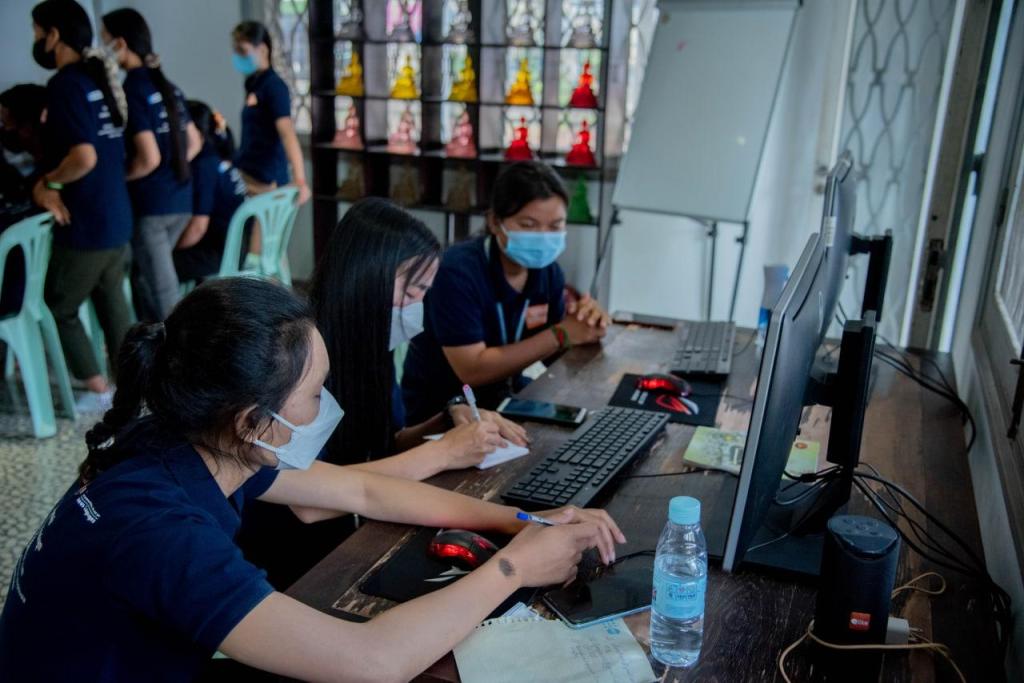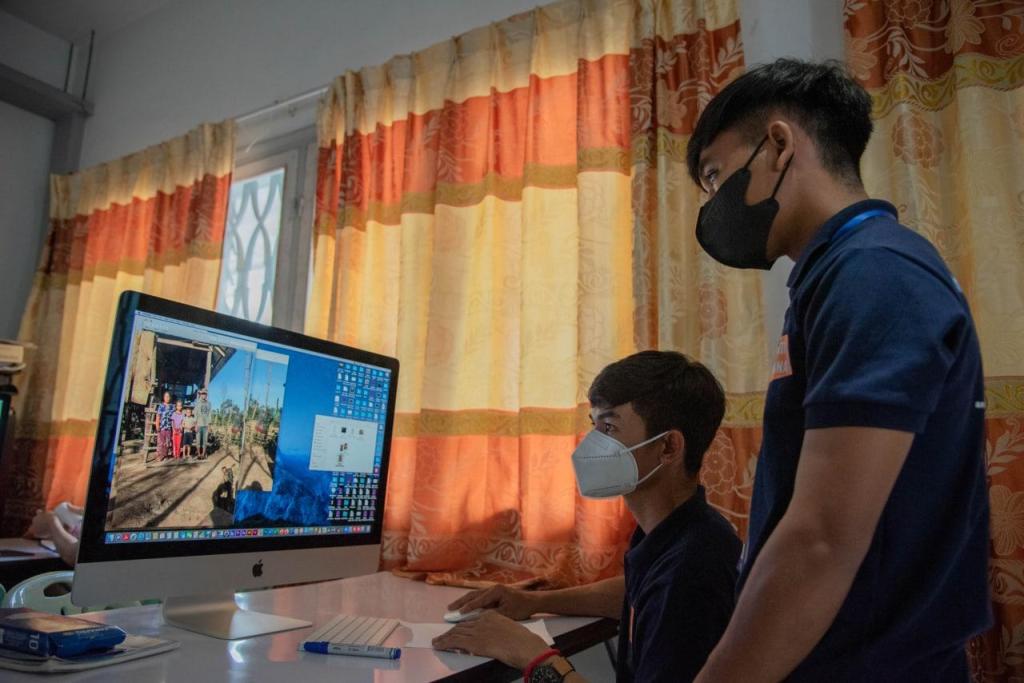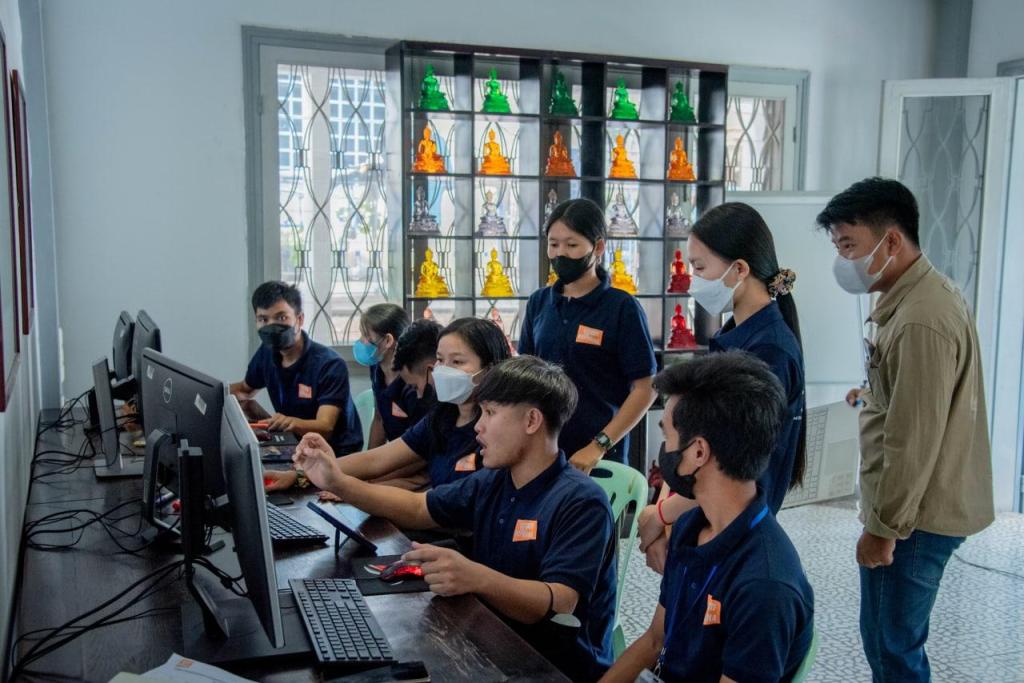This article was originally published on March 2nd, 2022 on the Unesco Bangkok Asia and Pacific Regional Bureau for Education.
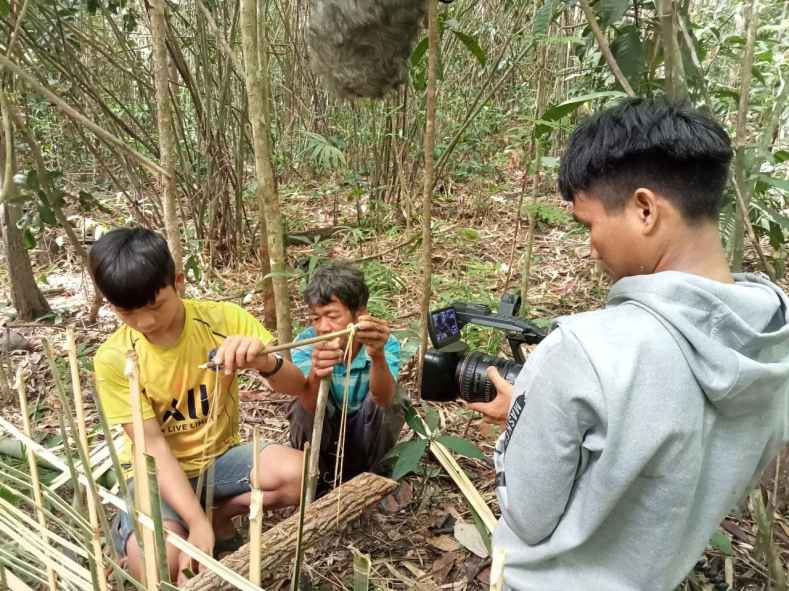
Photographic contribution to the Brao people Wikipedia article by youth trainee Pem Peak (19 years old, Brao Indigenous community, Ratanakiri Province, Cambodia). CC-BY-SA Pem Peak
On this year’s International Mother Language Day (21 February 2022), UNESCO and Bophana Audiovisual Resource Center (Bophana Center) kicked off a five-day, capacity-building workshop in which Indigenous youth from Cambodia’s Ratanakiri Province learned how to use wiki tools and platforms to create an Indigenous Audiovisual Archive.
Part of the wider UNESCO–Bophana Center project ‘Build Capacity for Indigenous Youth and Create Indigenous Audiovisual Archives Using Wiki Tools in Cambodia’, with support provided by the Wikimedia Foundation, the capacity-building activity was held at the Bophana Center in Phnom Penh from 21 through 25 February 2022.
With live in-person and online support provided by Bophana Center and the Wikimedia Foundation, 24 youth from Brao, Jarai, Kachok, Kreung and Tampuan Indigenous communities were instructed in how to create user accounts, upload their own audiovisual works to Wikimedia Commons, and contribute to existing Wikipedia pages on their affiliated communities. A total of 69 audiovisual documents, including 47 photographs and 22 videos, were uploaded during the course of the project. (The documents are currently being organized on Wikimedia Commons with categories and project pages.) Additionally, five Wikipedia pages were edited and updated.
Video: Mouen Ramich, A Tasty Drop, CC BY-SA 4.0
Notably, five of the youth participants made information history by being the first contributors of audiovisual resources to Wikipedia pages on Brao people and Kaco’ (Kachok) language, which up to that time lacked photographic or video contributions. Moreover, youth participants created a community of Indigenous users in Cambodia and provided original documentation of their languages and cultures as open-access resources for future users to learn from, and re-use and adapt for research, professional, or creative purposes.
These achievements are in keeping with the objectives of the Global Action Plan for the UN’s International Decade of Indigenous Languages 2022–2032 on digital empowerment, media development, access to information and language technology, and artistic creation among indigenous language users.
In addition, the training took an unexpected, happy turn when it also became a ‘Training of Trainers’ activity, when a second group of 13 trainees managed to join the last day of the workshop. On the arrival of the second group, the inaugural 11 trainees took the opportunity to train their colleagues, enthusiastically demonstrating notable leadership skills as the new set of trainees swiftly learned new archival skills from their peers.
Some of the Indigenous youth were paid a surprise visit from actress Angelina Jolie and her daughter Shiloh Jolie-Pitt on the evening of 24 February, following a film screening held at the Bophana Center that same evening.
The following evening, new trainees were awarded certificates at a graduation ceremony held at Bophana Center, which was opened by His Excellency Mr Som Sokun, Secretary of State of the Cambodia Ministry of Culture and Fine Arts, and by Mr Masanori Nagaoka, UNESCO Phnom Penh Programme Specialist for Culture. Both representatives warmly congratulated the trainees on the audiovisual documentation of Indigenous languages and cultures that had been created, as well as the information and media skills all workshop participants had newly acquired. Future plans are to continue toward the collaborative realization of a consolidated Indigenous Audiovisual Archive as a learning, teaching and research tool for regional and global audiences.

Can you help us translate this article?
In order for this article to reach as many people as possible we would like your help. Can you translate this article to get the message out?
Start translation
